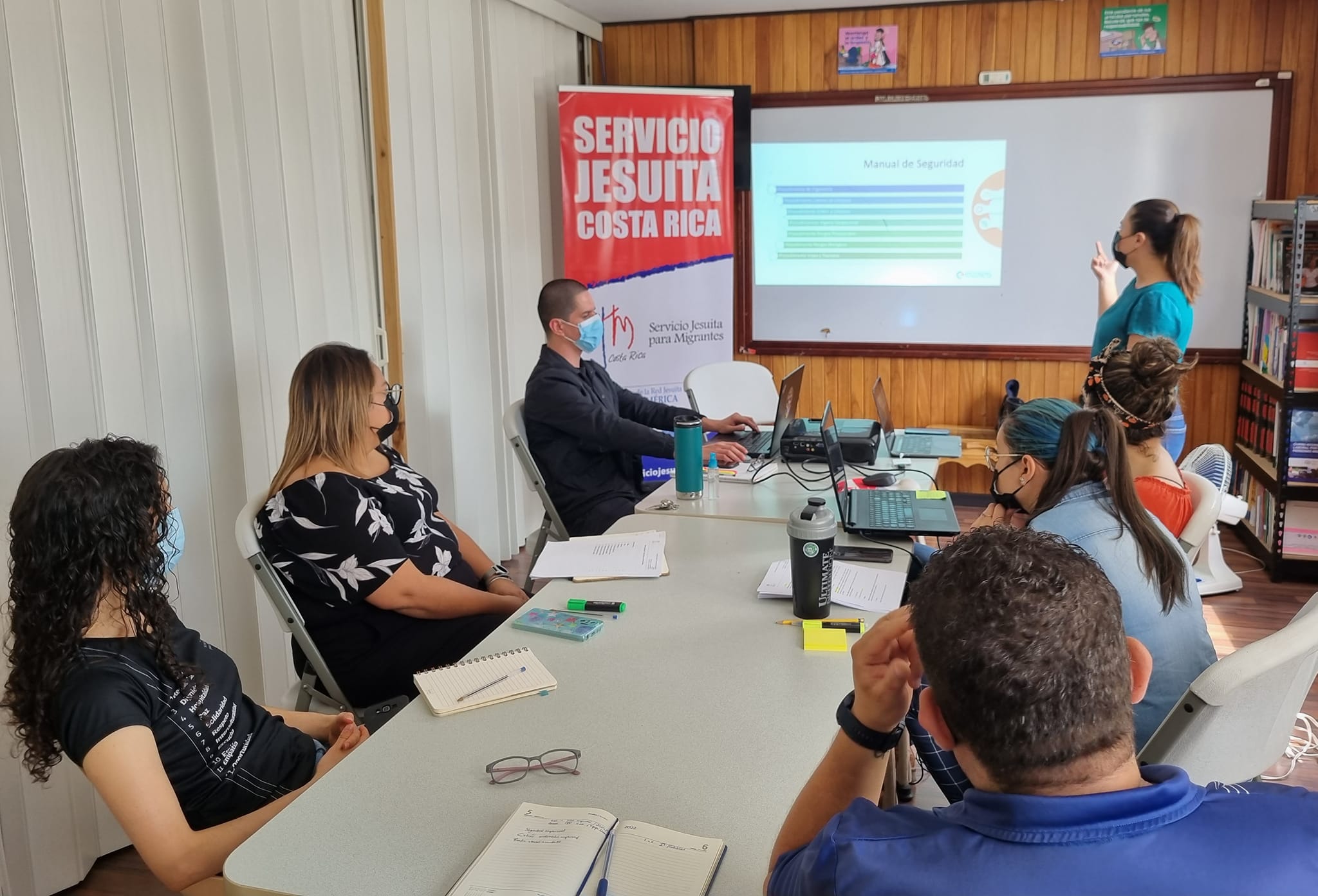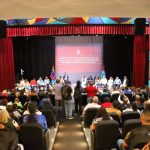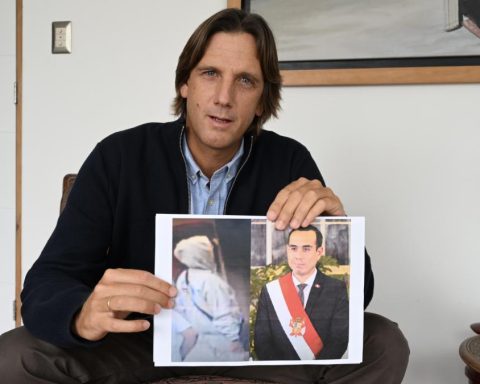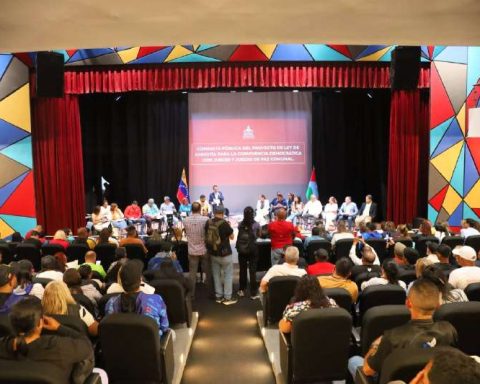The Jesuit Service for Migrants of Costa Rica rejected this Wednesday the recent announced by the president of that country, Rodrigo Chavesto no longer allow migrants to enter their country for economic reasons, and warned that said decision could place these people who arrive in that Central American country in search of refuge in “circumstances of greater vulnerability”.
The Costa Rican president stated that, through the Foreign Ministry of his country, he sent a communication to the representative of the Office of the United Nations High Commissioner for Refugees (UNHCR), to warn her about the lack of resources to deal with the migratory wave and that all the burden has fallen on the Government and its institutions.
“The shared responsibility of the international community has fallen disproportionately on us as a society. The international community is failing to provide the resources this country needs to be a good global citizen. If there is nowhere to come from, we cannot continue paying, continue accepting people who are not political refugees, who are economic refugees,” Chaves said.
In response to these statements, the Jesuit Service, through a letter signed by its national director, Karina Fonseca, indicated that the review of refugee applications is the responsibility of the authorities established in the current legislation of the country. such as the Commission for Restricted Visas and Refugee and in second instance, the Administrative Immigration Tribunal (TAM). “who decide the granting of refugee status in the country”.
Related news: Costa Rica will not receive more “economic migrants”
“Refugee applicants have the obligation to submit to the procedure established by law. Nor is it a new issue, the limitations that, for decades, the bodies in charge of this recognition have faced, to comply in a timely manner with all the processes they are in charge of,” the document reads.
The organization’s representative also clarified to the Costa Rican president that people who come to his country do not do so because they really “dream” to stay, as the president stated, but rather they have done so to protect their physical and emotional integrity. before the repression that they live in their country.
“It is essential not to fall into a light treatment of the tragedy that the forced mobility of people means and the complexity of the migratory flows that take place in Costa Rica and the rest of the continent. What people dream of is being able to return to their country and the organizations that accompany so many people who experience these realities know that very well”.
Related news: Nicaraguan exiles start their businesses in Costa Rica, despite the obstacles
To date Nicaragua is the country with the most migrants and refugees in the Central American country. Official data indicates that Costa Rica has received more than 200,000 refugee applications since 2018, when Nicaragua registered the worst human rights crisis in its modern history.
refuge status
In response to Chaves’ statements, in which he assured that his country counts more than 200,000 people requesting “political refuge”, the Jesuits responded that the refuge regulation, in article 17 of Law 8764, establishes that said term applies to all foreigner to whom the Restricted Visas and Refugee Commission recognizes such status due to fears based on race, religion, nationality, gender or political opinions and who cannot or does not want to return to their country due to those fears.
“It is essential not to reduce the concept of a Costa Rican refugee to persecution for political reasons, so we must insist on the definition established in national regulations and its correct use,” clarified the director of the Jesuit Service.
Finally, he urged the administration of President Chaves to prioritize, “above the claims it makes to the international community, the protection, legal security and provision of public services to which Costa Rica is obliged towards refugees.
“And Don Rodrigo, last but not least, know that it is worth recognizing the undeniable contribution made by people in forced mobility who seek to get ahead in Costa Rica. Therefore, they should not be seen only as “a high cost”, on the contrary, their contributions, their workforce, their cultures, are also aspects that, with some humility, we should all take into account and thank” , ended.

















